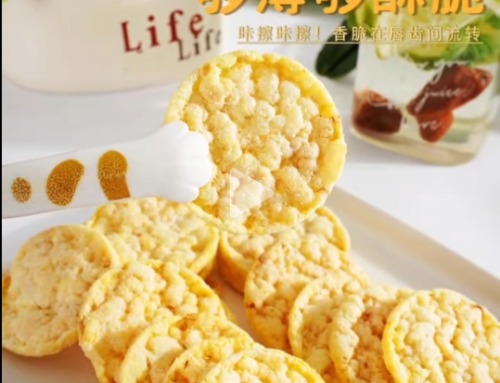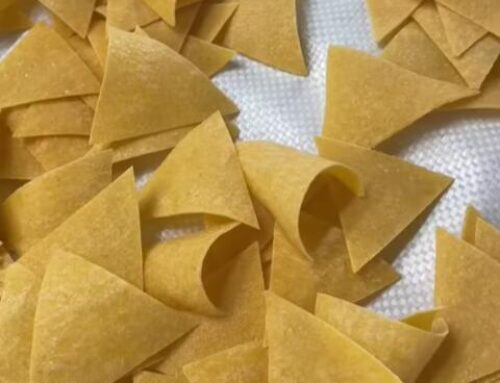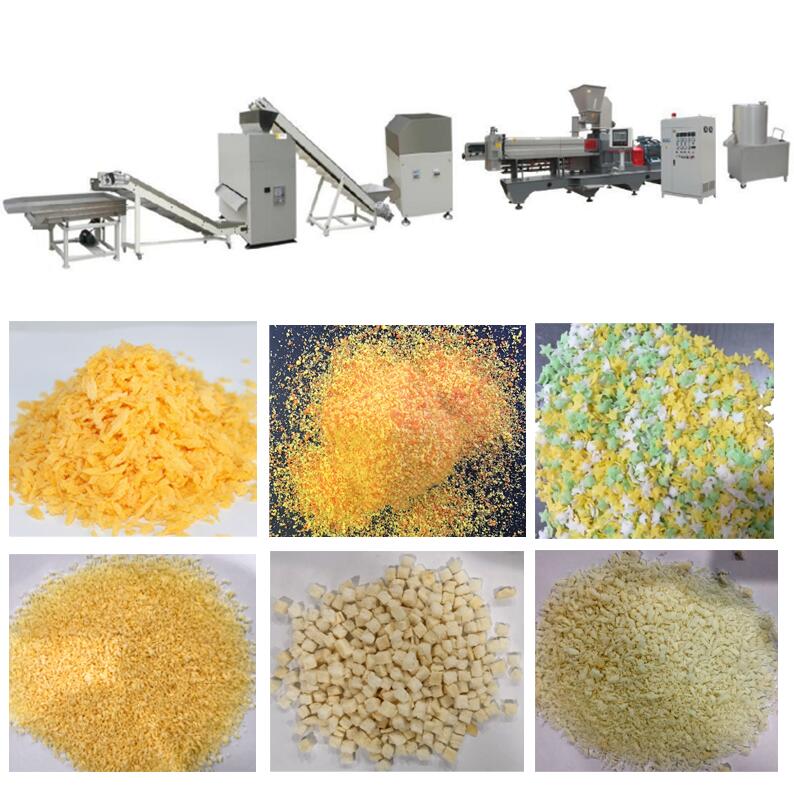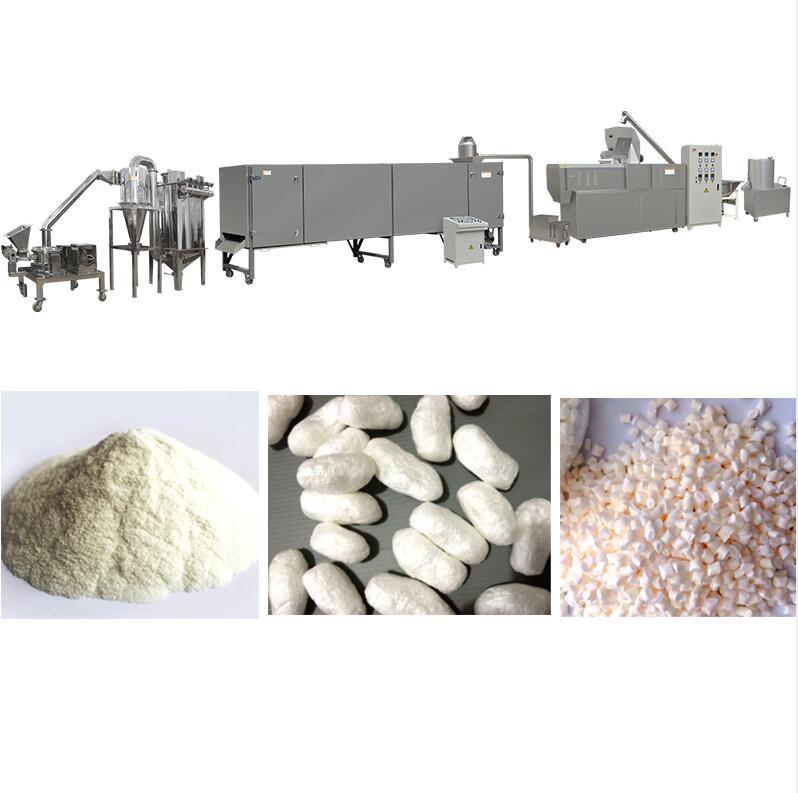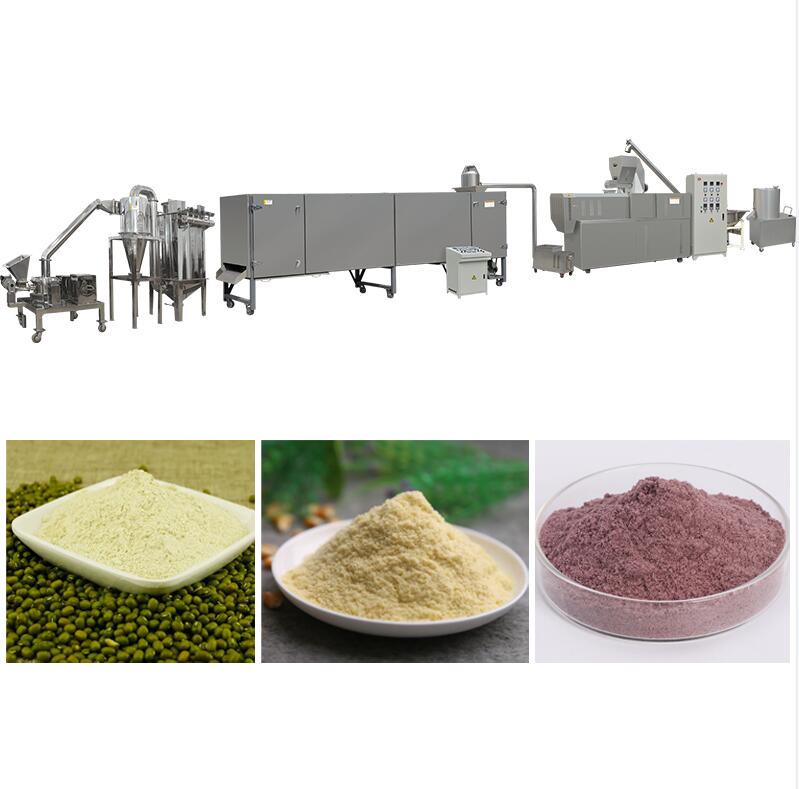Dry and wet fish feed extruder production principle and process
The working principle of dry fish feed extruder
Dry fish feed machine is the equipment for processing soybean meal, corn, wheat, fish meal and other raw materials into dry particles. The device is used to prepare food for fish, shrimp and pets such as rabbits and dogs. It usually produces hard and dense particles about 2mm to 10mm in size.
The material is transported to the entire cavity through the screw extruder under the action of the screw extruder, and the gap between the material pressure ring and the inner cavity is promoted under the action of the screw conveying. Due to the huge thrust of the screw in the extruded cavity of the dry fish feed machine, a huge pressure is generated. The material is extruded from the die hole at one end of the extruded cavity, and the temperature and pressure drop sharply. The material expands to form porous particles with a moisture content that can range from 15% to 20%.
Through the different processing of the mold into a specific shape, by adjusting the Angle of the cutter to select the length of the particle.
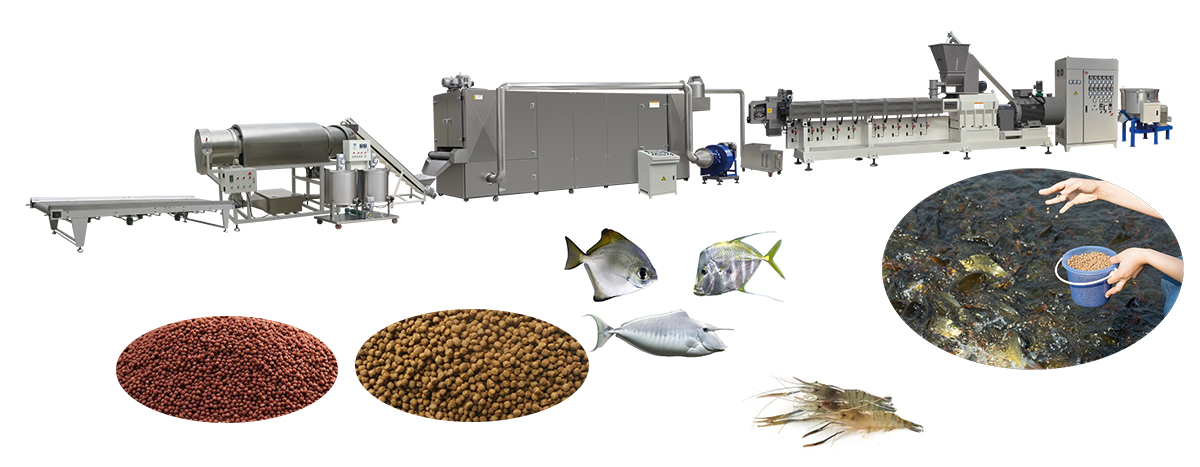
The process of producing dried fish feed consists of four main steps:
- Grinding: This step involves using a grinder to grind the raw material into a fine powder.
- Mixing: The process of mixing ingredients includes mixing powdered materials in a blender and adding water and oil to the mixture. The purpose of this process is to make the food more nutritious and easier for the fish to digest.
- Granulation: The granulating machine compresses the mixed powder into pellets. The final particles are dried to remove moisture and give them a longer shelf life.
- Cooling and packaging: After drying, the particles are cooled and then packaged for transportation and storage
Working principle of wet fish feed extruder
The wet fish feed extruder, as the main component of the fish feed production unit, is equipped with a boiler that can continuously supply hot steam, and the boiler can continuously supply hot steam extrusion of the wet fish feed machine extrusion section. The wet machine works on the same principle as the dry fish feeder. Wet machines require water or steam to raise moisture levels to 20% or more during processing. The steam raises the temperature of the material.
The wet fish feed extruder consists of three parts: screw, barrel and template. Cylinder and screw sectional combination. The degree of compression can be adjusted to fit the requirements of squeezed food, as well as the degree of expansion. The raw material is not heated after reaching the filling device. Instead, the screw is pressurized at high temperatures and pressures to cook and sterilize. Starches and fibers in raw materials expand during high temperature curing. Under pressure seal conditions, the material is then molded into particles by a molding die. The regular rotation of the screw creates high pressure, which is then cut using the regular high-speed rotation of the front cutter. Finally, the product is crushed into puffed balls at room temperature and atmospheric pressure.
A wet fish feed extruder is a machine that uses heat, pressure and steam to produce feed. The materials used in this process are the same as those used in a dry fish feed machine, but in a wet fish feed extruder, water is added to the mixture to create a wet dough-like mixture.
The process of producing wet fish feed includes the following steps:
- Crushing: similar to the dry fish feed machine, the raw materials are crushed into fine powder.
- Mix: Add water to the powdered ingredients in a blender to form a daddy-like mixture.
- Extrusion: The extruder feeds the dough-like mixture through a spiral bucket. The rotation of the screw and the heat in the barrel create pressure that squeezes the mixture through small holes in the mold. The mixture is then expanded and molded, and cooled down after passing through the mold.
- Drying: The final product still contains moisture, which is heated and dried to remove moisture and improve shelf life and stability.
- Cooling: After drying, the final product is cooled and then packaged.
E-mail:mailto:[email protected]

